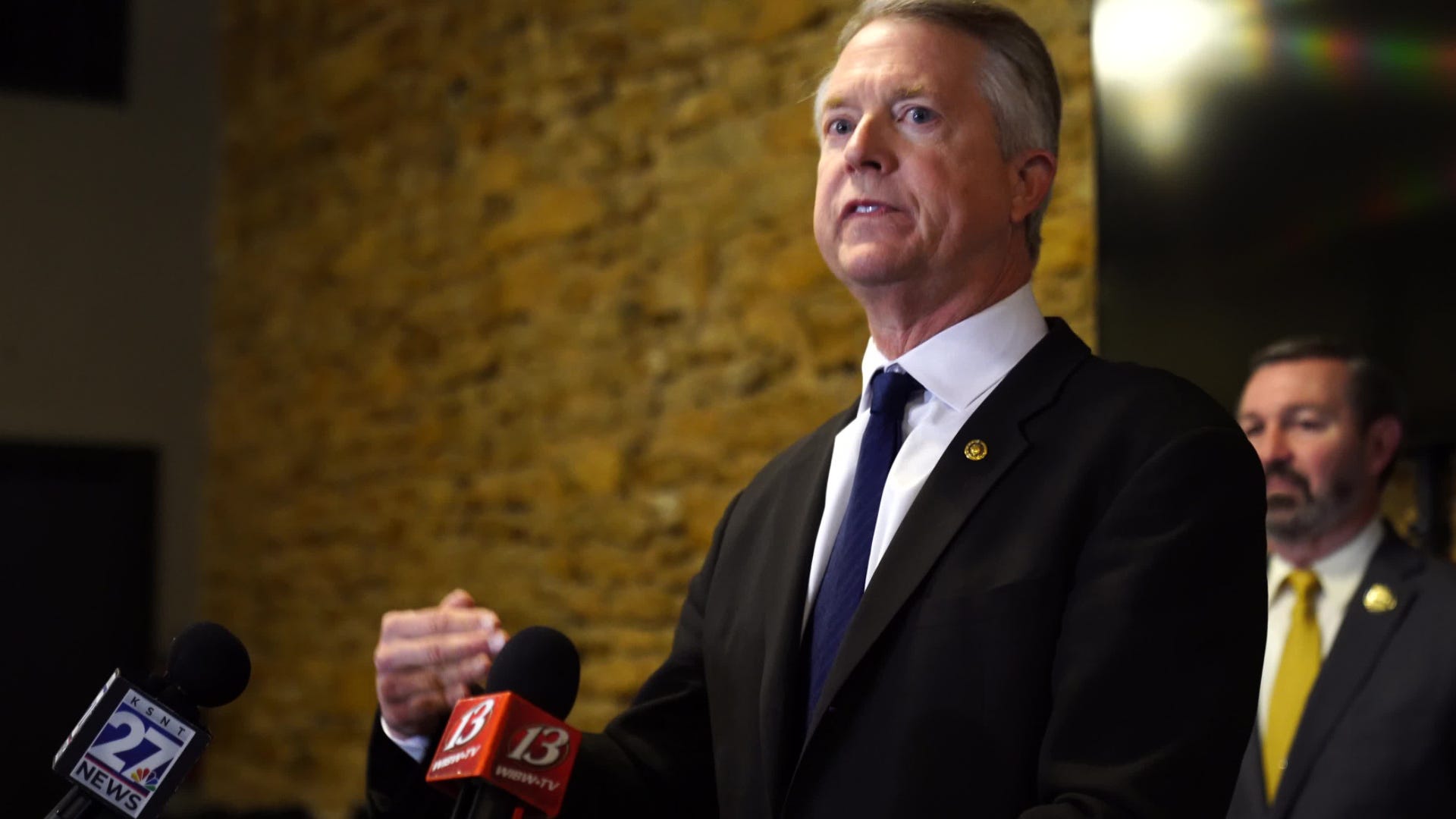When does no tax on overtime start in Delaware? 2025 budget bill passed - what to know

The House Republicans passed a budget resolution last week, giving way to President Donald Trump's "big, beautiful bill" and his proposal for no tax on overtime and tips.
During Trump's presidential campaign, he promised to eliminate taxes on tips for industry workers, such as restaurant staff, delivery drivers, and gig workers. He doubled down on this proposal last month, vowing to end tax on tips for workers, regardless of their occupation.
In his campaign promises, Trump also said he would support legislation to eliminate taxes on overtime pay, claiming that it could provide more people with the incentive to work.
"The people who work overtime are among the hardest working citizens in our country and for too long, no one in Washington has been looking out for them," he said during his Sept. 12, 2024, rally.
Here is what you should know about the no tax on overtime proposal, no tax on tips and what the resolution means.
What is no tax on overtime?
The no tax on overtime proposal aims to exempt overtime pay from federal income tax. This would mean that workers who log extra hours would not have to pay federal taxes on their overtime earnings, potentially allowing them to take home more of their total pay.
As per NDTV, here's what the proposal aims for:
- Overtime pay: Allowing overtime pay to be exempt from income tax would let workers keep a larger portion of their earnings, potentially increasing their take-home pay and stimulating economic growth.
- Tips: Removing taxes on tips would provide considerable advantages to service industry workers like restaurant staff, delivery drivers, and gig workers, who depend heavily on gratuities for a large portion of their income.
- Social Security benefits: Eliminating taxes on Social Security benefits would give retirees more disposable income, potentially improving their quality of life and boosting local economic activity.
TaxFoundation.org further explained the cons of the proposal for employers, "Introducing an exemption for overtime work would increase time spent on overtime decisions for employees and worker classification arrangements between employees and employers purely for tax purposes, distracting them from productive activity," they said.
"In short, exempting overtime would unnecessarily complicate the tax code, increase compliance and administrative costs, and reduce neutrality by favoring certain work arrangements over others."
When does no tax on overtime start in Delaware?
The proposal to eliminate taxes on overtime will become effective once the House Budget 2025 bill is passed and signed into law. However, before being sent to Trump to be signed, the budget will still need to be reconciled with a separate budget proposed by the Senate and agreed by both chambers.
If the bill is approved, workers who put in extra hours will have their overtime pay exempt from federal income tax.
What is considered a tip for tax purposes?
According to the Internal Revenue Service, any tips of $20 or more that an employee receives in a month from one job are considered wages and are subject to withholding.
Cash tips received by an employee during any calendar month are also subject to Social Security and Medicare taxes and must be reported to the employer. However, if the total cash tips received from a single employer in a single calendar month are less than $20, they do not need to be reported, and no taxes need to be withheld.
Here is what the tax code considers taxable tips:
- Cash tips received directly from customers.
- Tips from customers who leave a tip through electronic settlement or payment. This includes a credit card, debit card, gift card or any other electronic payment method.
- The value of any noncash tips, such as tickets or other items of value.
- Tip amounts received from other employees paid out through tip pools, tip splitting, or other formal/informal tip sharing arrangement.
What to know about budget resolution
The House resolution approves Trump’s basic budget framework — how and where he would like Congress to spend money. The Senate approved a competing resolution earlier this month and now a compromise bill needs to be worked out.
- Last week's budget resolution vote passed in the House 217-215, despite all Democrats and one Republican having voted against it.
- There was no specific bill or policy in the budget resolution to end tax on tips, overtime wages or Social Security benefits.
- Passage of the budget resolution now means that Congress can move forward to further negotiate and implement Trump's promised legislation.
- The budget resolution is seeking $4.5 trillion in tax breaks and $2 trillion in spending cuts over the next 10 years
Austin American-Statesman reporter Marley Malenfant contributed to this article.